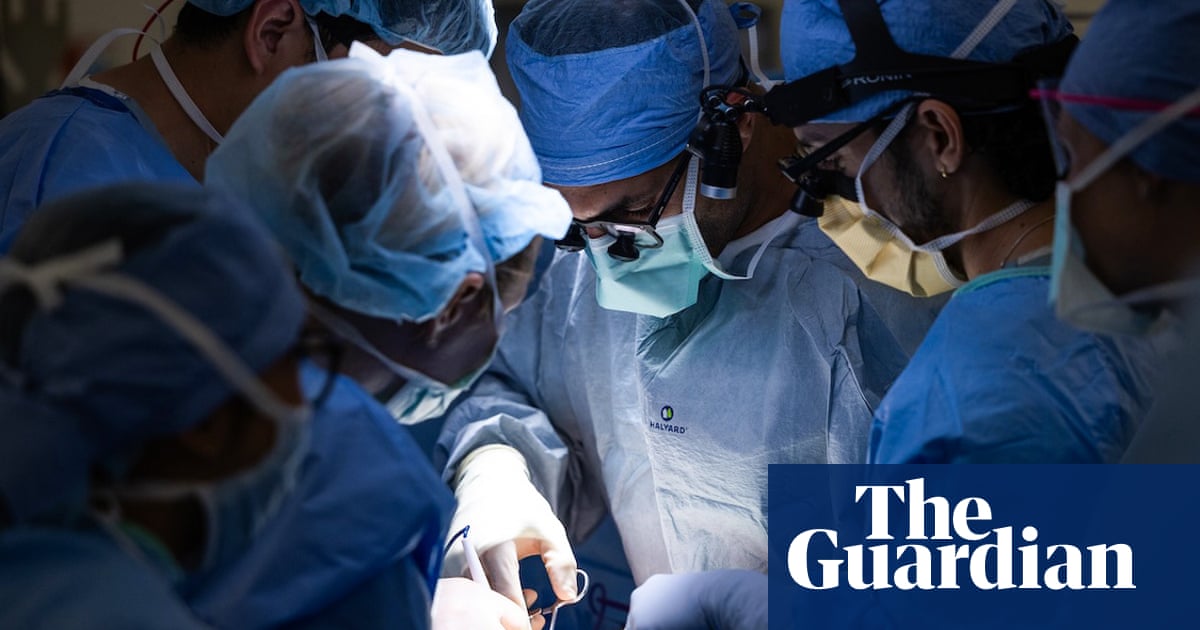Surgeons inCaliforniahave performed the first ever successful bladder transplant, aiding a patient who previously had his bladder and both kidneys removed as a result of cancer treatment and end-stage kidney disease.
The treatment allowed the patient, 41-year-old father of four Oscar Larrainzar, to go off dialysis – although the surgery comes with considerable short- and long-term risks and unknowns.
The bladder transplant was done by two surgeons who worked for years to develop the technique, which was used to transplant one kidney and a bladder recovered from a human donor.
“This surgery is a historic moment in medicine and stands to impact how we manage carefully selected patients with highly symptomatic ‘terminal’ bladders that are no longer functioning,” said Dr Inderbir Gill, the executive director of the University of Southern California Institute of Urology, and one of two surgeons who worked on the case, according to apress release.
“Transplantation is a life-saving and life-enhancing treatment option for many conditions affecting major organs, and now the bladder can be added to the list.”
Gill performed the surgery with Dr Nima Nassiri of the University of California Los Angeles (UCLA) Institute of Urgology.
“This first attempt at bladder transplantation has been over four years in the making,” Nassiri said, in a statement. “For the appropriately selected patient, it is exciting to be able to offer a new potential option.”
Patients who have their bladder removed most often have a portion of intestine repurposed to pass urine, often resulting in a host of new complications, including infections and digestive issues. Those complications have leddoctors around the worldto seek bladder transplant techniques for years.
The transplant performed in early May has so far succeeded, and doctors said they are “satisfied” with Larrainzar’s recovery, though many unknowns remain. For instance, how Larrainzar’s new bladder will function over time and how long he will need to be on immune suppression medication to prevent rejection of the organ.
Sign up toHeadlines US
Get the most important US headlines and highlights emailed direct to you every morning
after newsletter promotion
The doctors plan to perform more bladder transplants as part of aclinical trialat UCLA Health, with the goal of better understanding potential complications and helping patients who suffer debilitating bladder conditions.
